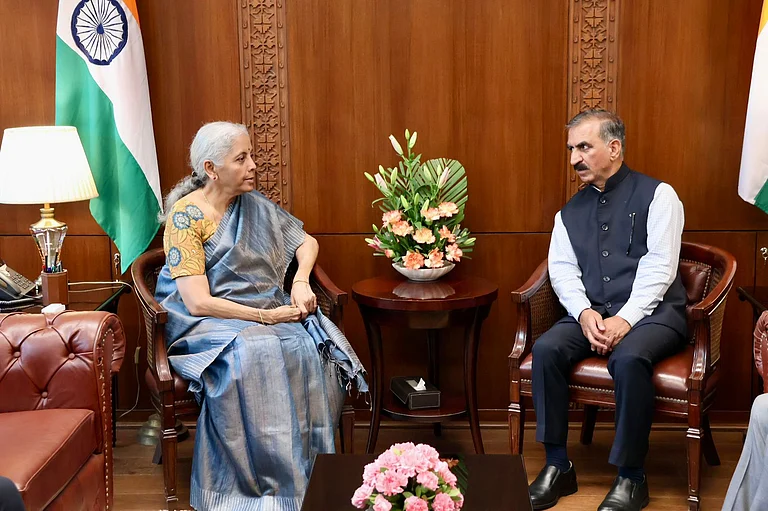More than 50 years ago, Kate Millet started her book Sexual Politics (1970) deconstructing popular fictions by Henry Miller, Norman Mailer, and Jean Gene only to show how the existing power relations among different sexes are reproduced during sexual partnerships. She also unpacked the normative sources of masculine power and critiqued its naturalisation.
However, several decades passed. We treaded through complex terrains of gender-sex complex — participated in pride parades with rainbow-coloured placards floating its heads high, witnessed the decriminalisation of homosexuality, and celebrated women leadership. Still, have we realised that the basis of gender equity lies in the victory of will, precisely her will and ‘their’ will?
While in Iran, we find women protesting against forceful imposition of hijab, we see them fighting to wear it in India. Instead of examining our masculine saviour syndrome, that, in words of Gayatri Chakravorty Spivak, tries to “save the brown women from the brown men”, we question their will. When Aftab Poonawala strangles his partner Shraddha Walkar and chops her body into pieces, only to throw it across the largest city of India, we searched for her transgressive behaviour instead of looking at the inherent toxic masculinity that determines our everyday politics of gender and sexuality. Here lies the significance of understanding the ‘transgressive’ that doesn’t follow the contours of our mundane norms.
In a patriarchal world that specialises in caging the subversive, what could be the lives of millions who are engaged in sex-work? Our Editor Chinki Sinha, while looking at the decaying brothel of Kamathipura beyond “its aesthetically-lit windows and luxurious sentimentality that glows in the yellow fairy lights”, finds Zeenath’s gold-fish that deserted the transgender brothel madam who had to move to Hyderabad as her place was given to a builder. As Zeenath perhaps struggles to live a ‘dignified’ life, as they call it, we find millions of Adivasi women struggling for their rights under Indian succession acts. Somewhere in the hills, a Kashmiri transwoman struggles for recognition to confront the prevalent stigma. In the same way, we witness queer love beyond the pre-determined domains of sexual normativity.
In this series, we explore these transgressed arenas to look at how the politics of sexuality works to limit the ‘wills’ of the people. We explore the dreams of the unwanted, in Foucauldian vocabulary, of wills the “dangerous individuals”. We recall the words of Columbian queer poet Tatiana De La Tierra, who in her poem Dreaming of Lesbos writes:
I can enter the morning with traces of an eternal dream: to live
on a planet of women. we sing in the fertile forest, caress on
lavender hills, bathe beneath cascades of clear waters. and just
like that, nude and wet, we mount each other’s bodies. our
desire is a whale that searches for calm in the depth of the sea.



























